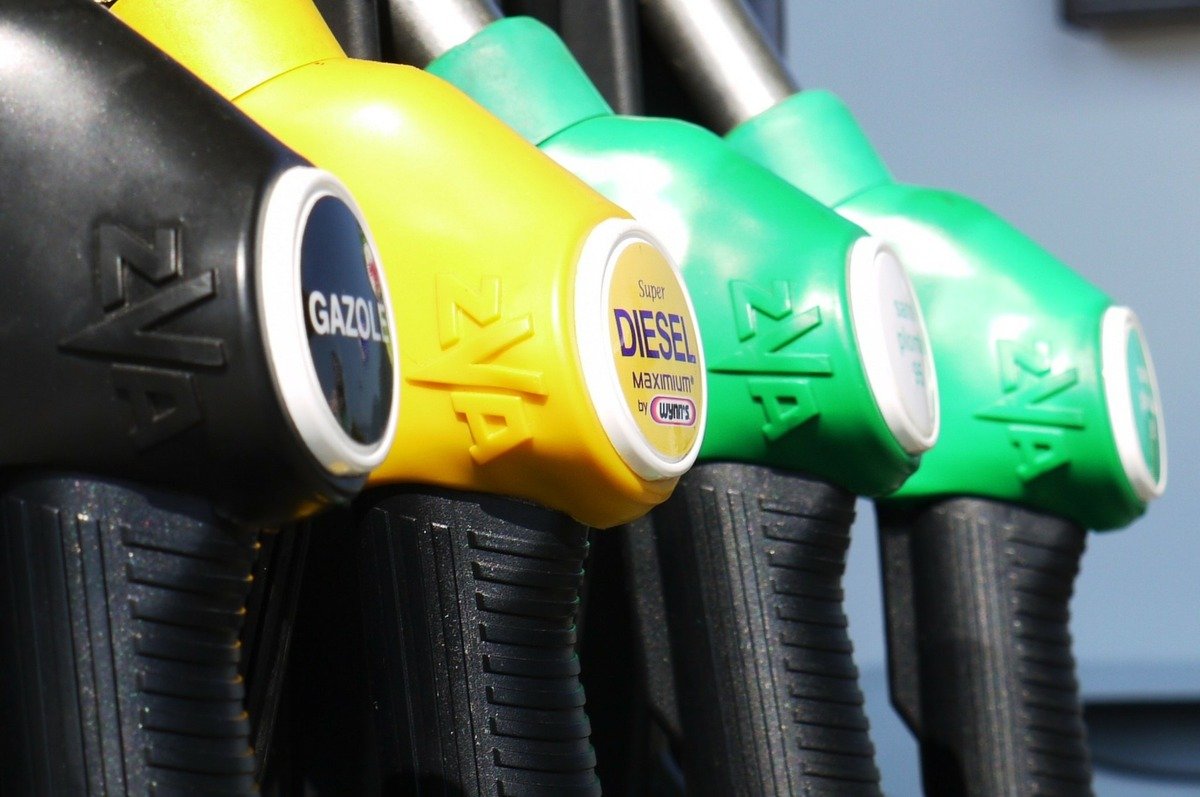DIESEL VS PETROL CAR: WHICH CAR IS BEST FOR YOU, PETROL OR DIESEL?
One of the most common questions that come to mind before purchasing a new car, it is the type of fuel our car will use. Nowadays, we do have the Hybrid, Electric, Petrol and Diesel, on this article we will focus in getting to know the key differences between petrol and diesel vehicles. For some, petrol cars may be a perfect choice, and for others, diesel cars might be the right option. It all depends on your requirements and also how much are you willing to deposit. This article highlights the key differences between petrol and diesel cars to help you select a suitable option. Read on to learn more about petrol vs diesel cars.
Which car is are you looking for, petrol or diesel?
There is no straightforward answer to this question. One has to account for several factors to end the confusion between diesel vs petrol cars. However, knowing the critical differences between petrol and diesel cars will make your job easier in selecting the right vehicle for your requirements. And that’s what we will address in the following sections of this article.
Key Differences:
Diesel car | Petrol car | |
Price | Diesel cars are more expensive than petrol cars. | Petrol cars are more affordable than diesel cars. |
Maintenance | The cost of Maintenance is on the higher side. | The cost of Maintenance is lower than diesel cars. |
Fuel Efficiency | High fuel efficiency | Lower fuel efficiency |
NVH (Noise, Vibration and Harshness | Returns high fuel efficiency | Levels are generally low. |
Power | Better pulling power than petrol cars due to the increased torque. | Good initial acceleration with linear power delivery. |
Pollution | Diesel engines produce more pollutant particulate matter. Hence, they are more harmful to the environment. | Petrol engines produce less pollutant particulate matter. Hence, they are less harmful to the environment. |
Engine Life | Diesel engines last longer than petrol engines as the wear and tear is less pronounced due to fuel property. | Petrol engines have a shorter lifespan due to fuel property, which wears out the engine components quicker. |
Fuel Price | Diesel is generally cheaper than Petrol | Petrol is more expensive than diesel. |
Resale Value | In general, the resale value is low but the final price it could be linked to how much you bargain | Resale value generally is low but it is also subject to how much you bargain. |
Which one is better for you?
There is no clear-cut answer to this question. For some people a diesel car is the best option due to their high fuel economy and low fuel cost, whereas for others, petrol works out better due affordability and lower service and maintenance. Experts say that unless drivers do 16,000 km a year in a used car or 10,000 km a year in a new car, a diesel car won’t work out cheaper. So, if your kilometrage is lower than these figures or you’re only planning on keeping your car for a couple of years, you might be better opting for a petrol car.
Whichever you choose, diesel or petrol, it’s always worth shopping around for your car insurance to get the best deal.
By renting a car with Costa Phoebe®, you can have the experience of both type of cars.
DIESEL VS PETROL CAR: WHICH CAR IS BEST FOR YOU, PETROL OR DIESEL?
One of the most common questions that come to mind before purchasing a new car, it is the type of fuel our car will use. Nowadays, we do have the Hybrid, Electric, Petrol and Diesel, on this article we will focus in getting to know the key differences between petrol and diesel vehicles. For some, petrol cars may be a perfect choice, and for others, diesel cars might be the right option. It all depends on your requirements and also how much are you willing to deposit. This article highlights the key differences between petrol and diesel cars to help you select a suitable option. Read on to learn more about petrol vs diesel cars.
Which car is are you looking for, petrol or diesel?
There is no straightforward answer to this question. One has to account for several factors to end the confusion between diesel vs petrol cars. However, knowing the critical differences between petrol and diesel cars will make your job easier in selecting the right vehicle for your requirements. And that’s what we will address in the following sections of this article.
Key Differences of Petrol
Affordability
Petrol cars are more affordable than diesel cars.
Lower Maintenance Cost
The cost of Maintenance is lower than diesel cars.
Lower Fuel Efficiency
Lower fuel efficiency.
Lower NVH (Noise, Vibration and Harshness)
Lower fuel efficiency.
Power
Good initial acceleration with linear power delivery.
Less Air Pollution
Petrol engines produce less pollutant particulate matter. Hence, they are less harmful to the environment.
Shorter Engine Life
Petrol engines have a shorter lifespan due to fuel property, which wears out the engine components quicker.
High Fuel Price
Petrol is more expensive than diesel.
Lower Resale Value
Resale value generally is low but it is also subject to how much you bargain.
Which one is better for you?
There is no clear-cut answer to this question. For some people a diesel car is the best option due to their high fuel economy and low fuel cost, whereas for others, petrol works out better due affordability and lower service and maintenance. Experts say that unless drivers do 16,000 km a year in a used car or 10,000 km a year in a new car, a diesel car won’t work out cheaper. So, if your kilometrage is lower than these figures or you’re only planning on keeping your car for a couple of years, you might be better opting for a petrol car.
Whichever you choose, diesel or petrol, it’s always worth shopping around for your car insurance to get the best deal.
By renting a car with Costa Phoebe®, you can have the experience of both type of cars.



